

Motoaki Sano, PhD, MDYamaguchi University, Japan
In 2007, it was published in Nature Medicine that hydrogen (H2) selectively scavenges hydroxyl radicals and that inhalation of low concentrations of hydrogen gas (1-4%) suppresses ischemia-reperfusion injury in the brain. Based on this finding, we strategically conducted TR research to elucidate the molecular mechanism of ischemia-reperfusion injury, aiming to suppress ischemia-reperfusion injury by molecular hydrogen.
First, we proved the inhibitory effect of H2 inhalation on myocardial ischemia-reperfusion injury in experiments using rats and dogs. Furthermore, we conducted the world's first clinical study in which patients with myocardial infarction inhaled H2, and confirmed its efficacy.
In addition, we experimentally proved that H2 exerts therapeutic effects on hemorrhagic shock, organ transplantation, sepsis/immunothrombosis, and cardiopulmonary arrest post-resuscitation syndrome and proceeded to elucidate the molecular mechanism of such effects.
In particular, we conducted the world's first multicenter randomized controlled trial on patients with post-cardiopulmonary arrest post-resuscitation syndrome and proved the potential of H2 as a medical gas.
In addition, in order to clarify the kinetics of H2 in the body, we verified the effects of inhalation of H2 gas, drinking H2-rich water, bathing in a H2 bath, and intravenous infusion of saline solution containing H2 using pigs.
I am still continuing my energetic research with the aim of practical application of hydrogen medicine.
【Acute Myocardial Infarction 】Biochem Biophys Res Commun. 2008, Cardiovasc Drugs Ther. 2012 Circ J. 2017,
【Hemorrhagic Shock】J Trauma Acute Care Surg. 2017, Shock. 2020
【Renal transplantation】PLoS One. 2019, Front Immunol. 2021
【Hypertension】Sci Rep. 2020
【NETs】JACC Basic Transl Sci. 2022, Biomedicines. 2022
【Cardiopulmonary arrest syndrome】J Am Heart Assoc. 2012, Circulation. 2014, J Clin Biochem Nutr. 2020, Circ J. 2016, Trials. 2017, EClinicalMedicine. 2023, Crit Care Med. 2025
【Pharmacokinetics】 Sci Rep. 2019, PLoS One. 2020, J Clin Med Res. 2020, PLoS One. 2022, Arch Med Sci 2023, Biomedicines 2025
【Review】Acute Med Surg. 2017, Curr Pharm Des. 2021, Ann Vasc Dis. 2023

Qianjun HeShanghai Key Laboratory of Hydrogen Science & Center of Hydrogen Science, School of Materials Science and Engineering, Shanghai Jiao Tong University, Shanghai 200240, China.
Shenzhen Research Institute, Shanghai Jiao Tong University, Shenzhen 518057, China.
Qianjun He earned his PhD in 2010 from Shanghai Institute of Ceramics, Chinese Academy of Sciences, and was then assigned as an Assistant Professor there. He moved to University of Leeds in 2012 to receive a Marie Curie Fellowship. After two years, he joined National Institute of Biomedical Imaging and Bioengineering, National Institutes of Health (NIH), USA, as a postdoc. In 2015, he joined Shenzhen University as a Full Professor of Biomedical Engineering. In 2022, he moved to Shanghai Jiao Tong University (SJTU) and was appointed a Tenured Professor of Materials Science and the Director of the R&D Center at Shenzhen Research Institute of SJTU. His recent research focuses on the engineering and development of advanced nanomaterials and nanomedicines for precision theranostics and hydrogen therapy of major diseases. He has pioneered a unique research field of “nanomaterials-mediated gas therapy”, and has published 100+ papers with an h-index of 65 on leading journals including Science Advances, Nature Communications, and Advanced Materials. He was recognized as a “Highly Cited Researcher” and as a “World’s Top 2% Scientists” with Career Scientific Impact (2020‒2024). He is a winner of Distinguished Young Scientists of National Natural Science Foundation of China (2024). He was awarded Distinguished Leadership in Molecular Hydrogen Research by European Academy for Molecular Hydrogen Research in Biomedicine (2022). He currently is the vice-chair of International Society for Hydrogen Medicine and Hydrogen Biology. He is sitting the Associate Editors of Medical Gas Research and Chemical Synthesis.
Email: qjhe@sjtu.edu.cn
He group website: https://www.x-mol.com/groups/he_qianjun
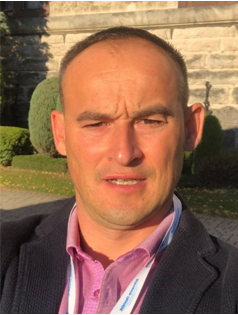
Michal Botek, Ph.D.Faculty of Physical Culture at Palacký University Olomouc, Czech Republic
Bibriography: He specializes in exercise physiology and its application in sports diagnostics, training management, and health promotion. He collaborates extensively with professional sports clubs in the Czech Republic, providing laboratory-based performance diagnostics and consulting on training load distribution, and recovery strategies. In parallel, he develops and assesses intervention programs aimed at improving health, particularly in individuals with obesity or chronic health issues. For over two decades, he has been engaged in the monitoring of autonomic nervous system activity in athletes, using heart rate variability as a non-invasive biomarker to optimize training load, identify adaptability potential, and prevent overtraining and chronic fatigue. Over the past nine years, his research team has also focused intensively on investigating the effects of molecular hydrogen on the human body. This line of research explores physiological responses in resting conditions, during physical exertion, and throughout recovery. Special emphasis is placed on fatigue and on recovery, oxidative stress, muscle damage, lactate response, and perceived exertion. Another main aim is to assess the potential ergogenic and antifatigue effects of hydrogen and individual variability in response, particularly to the fitness level, and the age. A notable contribution of his team was the pioneering use of hydrogen inhalation therapy in individuals suffering from post-COVID-19 syndrome. He is a member of the Executive Board of the European Academy for Molecular Hydrogen Research in Biomedicine, where he actively contributes to international scientific collaboration in this emerging field. Assoc. Prof. Botek’s work integrates biomedical science with applied sports practice. His goal is to deliver evidence-based tools that enhance performance, accelerate recovery, and promote long-term health across athletic and general populations.
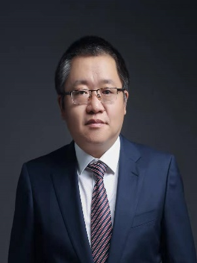
Shen WenbiaoDepartment of Biochemistry and Molecular Biology, College of Life Sciences, Nanjing Agricultural University (NAU), China.
Prof. Shen Wenbiao is a full Professor in the Department of Biochemistry and Molecular Biology, College of Life Sciences, Nanjing Agricultural University (NAU), China. He is the founding leader of the Gasotransmitter Research Group. Since 2011, his early studies discovered that molecular hydrogen (H2) has emerged as a possible signal molecule in plants, having myriad roles in plant development and plant responses against abiotic and biotic stresses. In the last decade, the research of this group focuses on hydrogen-based agriculture (rice, strawberry, blueberry, and tomato cultivation and postharvest preservation in Shanghai, Nanjing, etc), and underlying the biological functions and signaling transduction of molecular hydrogen in laboratory-controlled conditions, especially from field observations to understanding cellular events. Related field trails and laboratory works (from farm to fork, from soil to crops, and from agriculture to industry) have attracted international interests and cooperation, including Air Liquide, a global leader in gases, technologies and services.
Recently, the primary objective is the identification and functional analysis of regulatory gene(s) and proteins involved in the hydrogen metabolism in plants and recently in animals. In 2025, this group discovered that H2 production (anaerobic induction) may be a universal and interesting phenomenon in eukaryotic organisms, including human and other animals, and hypothesized that hydrogen metabolism may have been ignored in the evolution and development of eukaryotic cells for a considerable time. Until now, Prof. Shen has published more than 190 peer-reviewed publications in Molecular Plant, Current Biology, Plant Physiology, Plant Journal, and other international journals.

Shigeo OhtaNippon Medical University,
Juntendo University
Author’s Biography:
Dr. Shigeo Ohta is currently a Professor Emeritus at Nippon Medical University, Tokyo, Japan and a Visiting Professor of Juntendo University, Tokyo, Japan. He graduated from the university of Tokyo in 1974, and received his phD from the university of Tokyo in 1979. He is serving as the Honorary Presidents of the Japanese Society of Mitochondrial Research and Medicine, the Japanese Biomedical Society for Molecular Biology and International Society for Hydrogen Medicine and Biology. His total publication citations are 18,000 and his h-index is 75. In the hydrogen medicine, he discovered the biomedical function of molecular hydrogen and published a historical article in Nature Medicine 2007 and is known as the pioneer of hydrogen medicine. He is currently interested in improve Alzheimer’s disease by inhaling hydrogen gas. He is serving as the Chairperson of this conference. In addition, he is serving as the directors of hydrogen companies including H2 Global Group, Ostrava, Czech Republic.
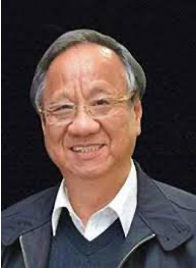
Wenjiang DingCentre of Hydrogen Science、Shanghai Jiao Tong University, Shanghai, China
Author’s Biography
Professor Wenjiang Ding of Shanghai Jiao Tong University is a world-renowned expert in light alloy materials, particularly magnesium and aluminum alloys. His pioneering research has significantly advanced lightweight and high-performance materials, contributing to applications in aerospace, automotive, and energy industries.
He graduated from Shanghai Jiao Tong University with a degree in casting in 1981. He has served as Vice President of Shanghai Jiao Tong University, Deputy Director of the Shanghai Municipal Science and Technology Commission and Vice Chairman of the Shanghai Association for Science and Technology. He was elected an Academician of the Chinese Academy of Engineering in 2013.
He has recently expanded his research interests to the field of hydrogen medicine, exploring the potential of hydrogen in promoting health and preventing disease. Building on his distinguished background in materials science, he applies advanced approaches to investigate hydrogen’s biological effects and its possible clinical applications. His interdisciplinary work bridges engineering and medicine, contributing to the growth of hydrogen biology as an emerging scientific field and fostering international collaboration aimed at innovative healthcare solutions. In 2018, he founded the Centre of Hydrogen Science in Shanghai Jiao Tong University. The center aims to advance hydrogen science in the fields of energy, medicine, and agriculture.
Junji AkagiTOKYO Immune Integrated Medical Clinic and Kumamoto Immune Integrated Medical Clinic,Japan
Sponsored by Jupyter Hydrogen Sale Co. Ltd. (Japan)
Motoaki SanoYamaguchi University Graduate School of Medicine, Department of Organ Pathology, Japan
Sponsored by Doctors Man Co.Ltd.(Japan)
Tyler W. LeBaronDepartment of Kinesiology and Outdoor Recreation, Southern Utah University, Cedar City, UT, USA.
Sponsored by Inhale H2 Ltd. (USA)
Olga PolGroup Leader, Molecular Neuropharmacology Group, Institut de Recerca, Sant Pau (IR SANT PAU), Institut de Neurociències, Universitat Autònoma de, Barcelona, Barcelona, Spain
Philippe CinquinPublic Health at Grenoble Alpes University (UGA) and Grenoble Alpes University Hospital Center (CHUGA), France
Branislav KuraCentre of Experimental Medicine, Institute for Heart Research, Slovak Academy of Sciences, Bratislava, Slovakia
Eugeny I. NazarovAll-Ukrainean association of ozonetherapists, Asiatic-European association of ozonetherapists, and “Econika” SPE. Ukraine
Dmitri AtiakshinRUDN University, Moscow, Russia
Oleg MedvedevDepartment of Pharmacology, School of Medicine, Lomonosov Moscow State University, Moscow, Russia
Duried AlwazeerDepartment of Nutrition and Dietetics, Faculty of Health Sciences, Igdir University, 76000 Igdir, Türkiye
Ram B. SinghHalberg Hospital and Research Institute, Moradabad, India, Era Medical College, Lucknow, India
Shucun QinShandong First Medical University, Taishan, China>
Guohua SongShandong First Medical University, Taishan, China
Keiliang XieDepartment of Critical Care Medicine and Anesthesiology, Tianjin Medical University, General Hospital, Tianjin, China
Ho-Chang KuoKawasaki Disease Center and Department of Pediatrics, Kaohsiung Chang Gung Memorial Hospital, Taiwan, Chang Gung University, College of Medicine, Taoyuan, Taiwan and Taiwan Association for the Promotion of Molecular Hydrogen, Taiwan
Cheol-Su KimDept. of Convergence Medicine, Wonju College of Medicine, Yonsei University, Republic of Korea
Kyu Jae LeeDepartment of Convergence Medicine, Wonju College of Medicine, Yonsei University, Wonju, Republic of Korea and Department of Global Medical Science, Wonju College of Medicine, Yonsei University, Wonju, Republic of Korea.
Masaru SuzukiHYBRID II Study Group, The Center for Molecular Hydrogen Medicine, Keio University Global Research Institute, Tokyo, Japan, Department of Emergency Medicine, Tokyo Dental College Ichikawa General Hospital, Chiba, Japan
Ikuroh OhsawaHydrogen medicine, Tokyo Metropolitan Institute for Geriatrics and Gerontology, Japan
John N. KheirHarvard Medical School, Cardiac Intensive Care Unit, Boston Children’s Hospital, Boston, MA, USA,
You can enjoy elegant music before the academics session begins and at the farewell party.
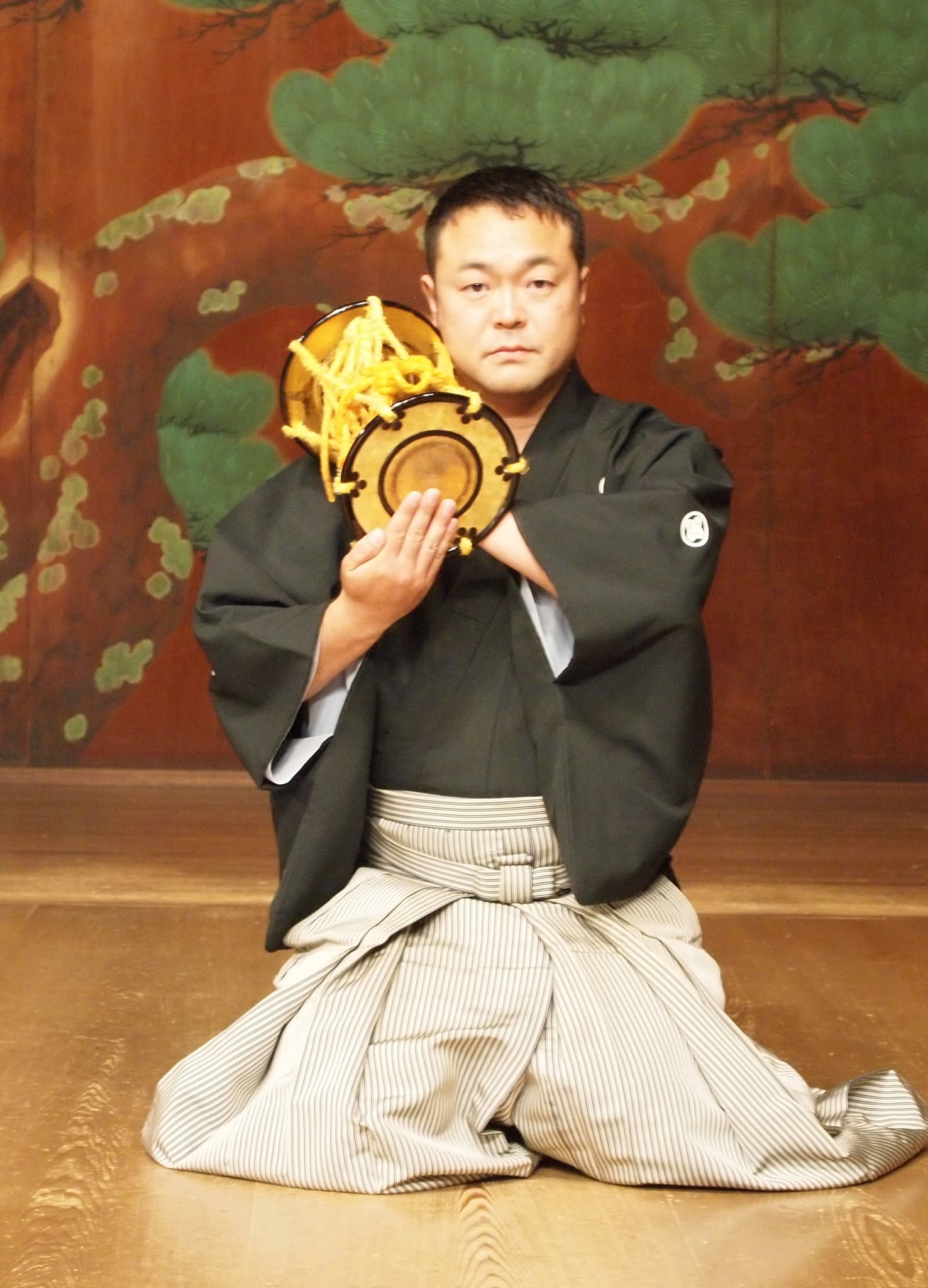
Noh performer, Director
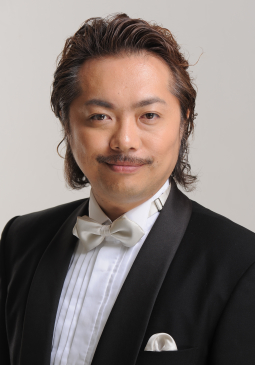
Baritone Singer
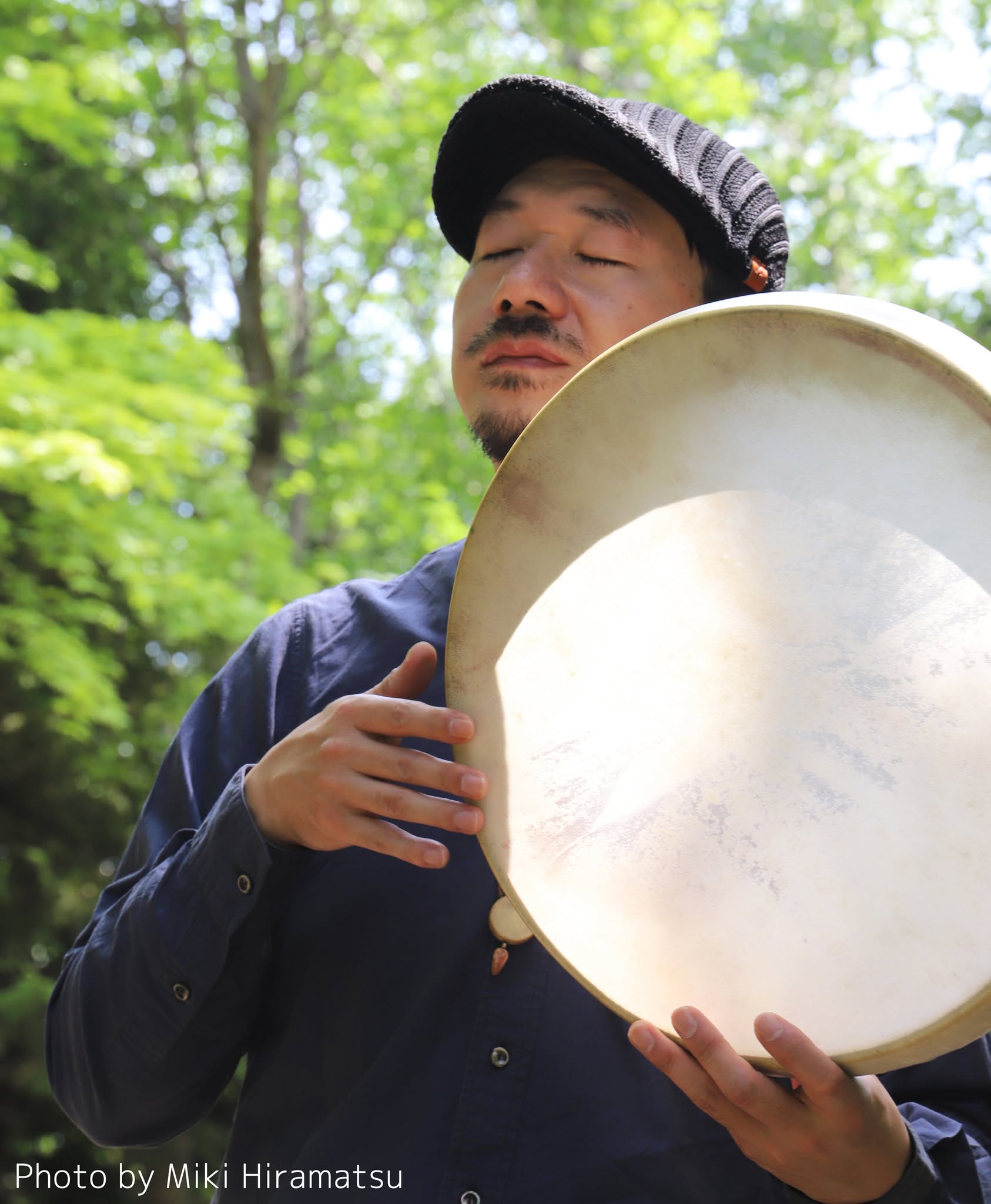
Percussionist

pianist